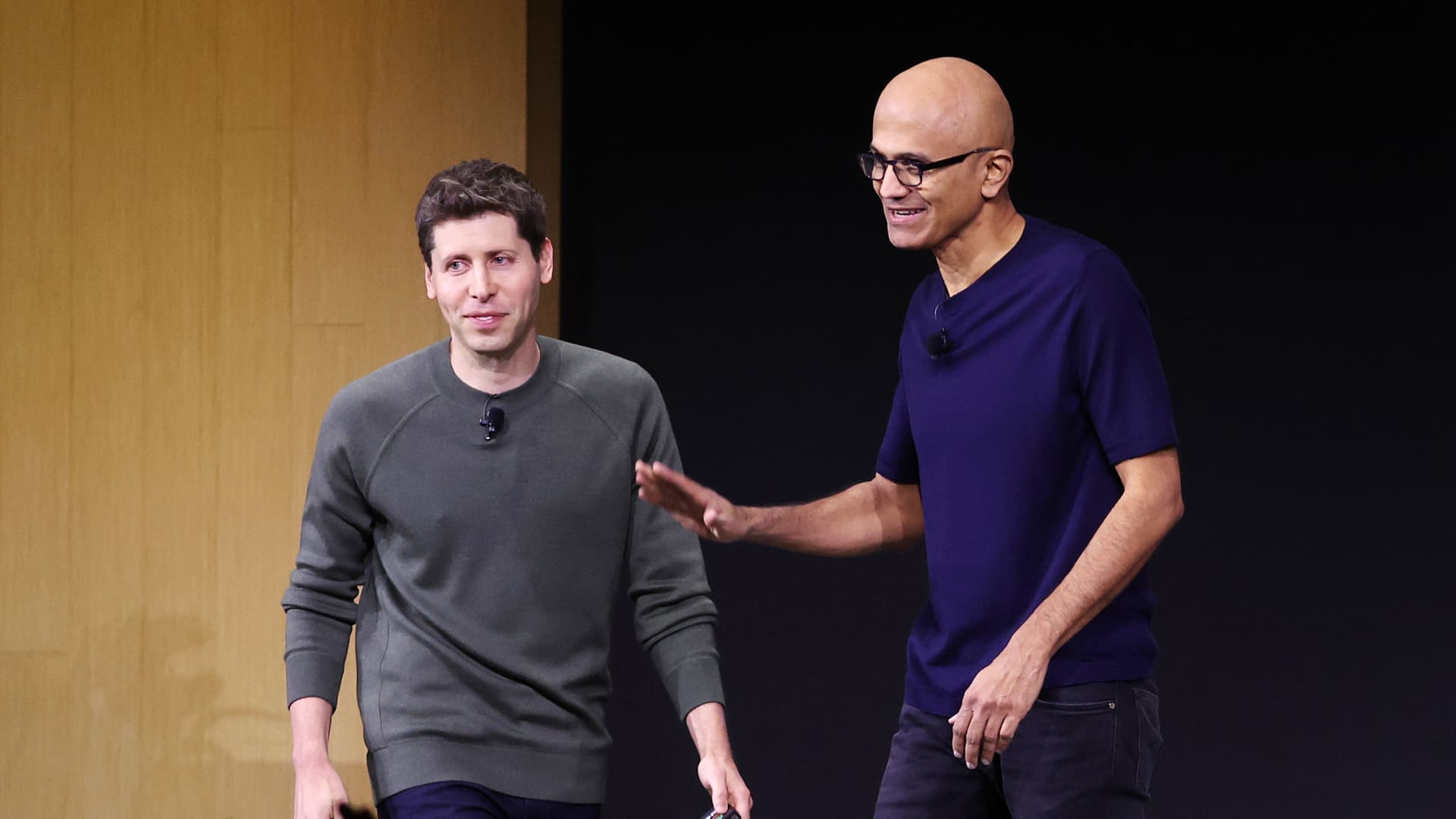- cross-posted to:
- [email protected]
- cross-posted to:
- [email protected]
Microsoft, OpenAI sued for copyright infringement by nonfiction book authors in class action claim::The new copyright infringement lawsuit against Microsoft and OpenAI comes a week after The New York Times filed a similar complaint in New York.



This story is about a non-fiction work.
What is the purpose of a non-fiction work? It’s to give the reader further knowledge on a subject.
Why does an LLM manufacturer train their model on a non-fiction work? To be able to act as a substitute source of the knowledge.
End result is that
So, not only have they stolen their work, they’ve stolen their income and reputation.
If you’re using an LLM as any form of authoritative source-and literally any LLM specifically warns NOT to do that–then you’re going to have a bad time. No one is using them to learn in any serious capacity. Ideally, the AI should absolutely be citing its sources, and if someone is able to figure out how to do that reliably, they’ll be made quite rich, I’d imagine. In my opinion, the fiction writers have a stronger case than non-fiction (I believe the fiction writers’ class action against OpenAI in September is still ongoing).
For someone who claimed to not be a fan of OpenAI, you sure do know all the fan arguments against regulation for AI.
deleted by creator
I’m not here to argue the finer points, and in general I simply try to aim for the practical actions that lead to better circumstances. I agree with many of your points.
This lawsuit won’t fix anything but it will slow down the progress of OpenAI and their ability to loot culture and content for all it’s value. I see it as a foot in the door for less economically capable artists and such.
Lawsuits are not isolated incidents. The outcome of this will have far reaching impacts on the future of how people’s work is treated in regards to AI and training data.